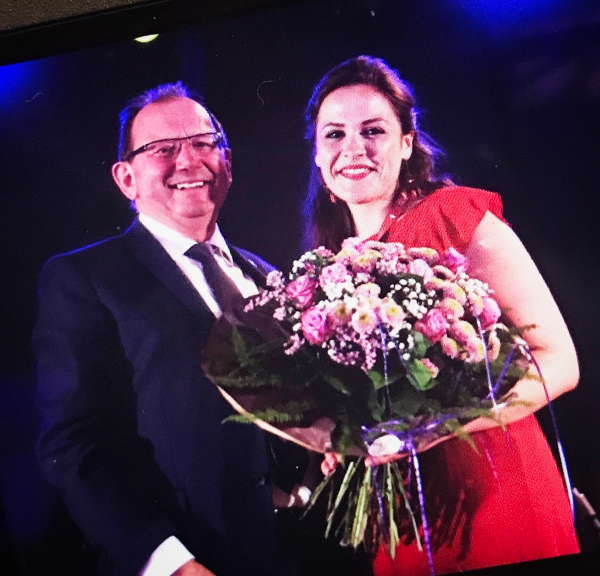
More than 300 participants from 19 European countries got together for three days of exchanges and activities between the European LEADER regions at the European LINC Conference 2017 from 9 to 11 May last week.
Created by the European Network for Rural Development, LEADER is a local development method that has been used for 20 years to engage local actors in the design and delivery of strategies, decision-making and resource allocation for the development of their rural areas. It is implemented by around 2 600 Local Action Groups, covering over 54% of the rural population in the EU and bringing together public, private and civil-society stakeholders in a particular area.
The aim of the conference was to bring LEADER players from different Member States of the European Union together in order to offer them the opportunity to network in an innovative way and to exchange experiences on rural development and Implementation of LEADER projects. The objective during these three days was to offer participants a platform to design and develop future transnational LEADER projects.
Several workshops led participants to an exploration of Luxembourg in its five different LEADER regions Élislek, Atert-Wark, Regioun Müllerthal,Lëtzebuerg West, and Miselerland, and to discover a range of LEADER projects carried out there.
Thus, the organisers had the pleasure of presenting the very first trans-border LAG in Europe to their guests. Participants were able to discuss the transnational cooperation of border regions through a proposed activity in Remich, where in the Moseland region between the "Miselerland" and the "Moselfranken", Luxembourg and Germany joined to set up the The first transnational LEADER strategy.
This strategy includes initiatives such as "Terroir Moselle", a cross-border co-operation between the actors of the Moselle international wine and "Cycling without borders", a topographical map bringing together by means of a new concept existing bike paths of the regions around The Moselle, the Saar and the Sûre.
Although LEADER-funded projects are often small in size, they have a significant impact on the values of the European Union, even in the regions and villages of the Member States. Through these projects, local and regional authorities are valued and become important partners in the construction of Europe by reducing the distance between the Union and its citizens and thus making the construction of Europe more transparent.








